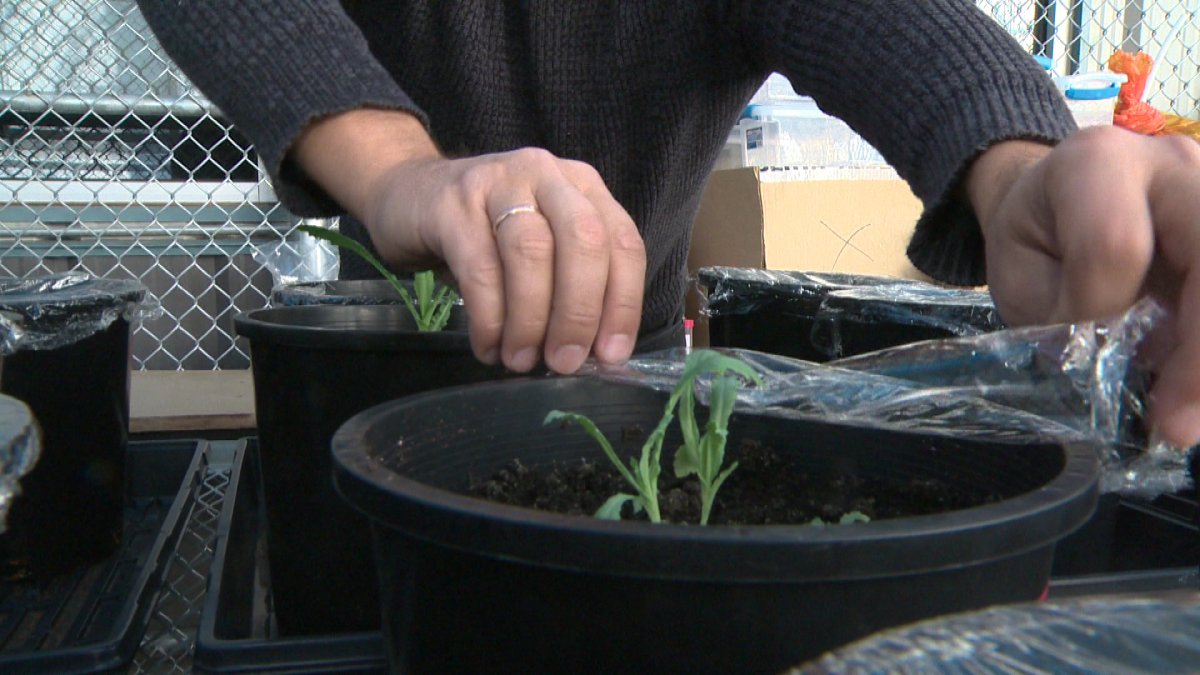Medicinal poppies are one of the crops being developed by a researcher at the University of Lethbridge. They are also part of of the reason Dr. Igor Kovalchuk won the Innovation in Agricultural Science Award at the at the 2013 ASTech Awards.

He says medicinal thebaine poppies could become a viable crop in Alberta. They are not an illicit drug and could benefit the pharmaceutical industry and farmers.
“Thebaine is one of the main alkaloids used for production of various pain killers,” said Kovalchuk. “Farmers just by selling seeds, a byproduct of this, will get about a seven to 10 fold higher income than selling canola.”
Kovalchuk won the award for his outstanding contributions to Alberta’s agriculture industry. He uses epigenetics to improve crops, making some hardier, some more drought tolerant and some grow with less water and fewer nutrients.
“This is not a genetic modification so the crops are still the same. They have just acquired some epigenetic changes that allow them to do better.”
He is also developing plants that can detect pollution in the air, water and soil. Fluorescent proteins in the plants glow when the pollution they’re checking for is detected. They can, for example, be used to find pollutants in water.
“We modify their response in such a way that the plant starts glowing when the danger is present. The plants can be used on farms, where they don’t have town water, to check for pollution basically by watering the plant every second day and checking to see if the plant glows. It if glows, call the authorities,” he said.
University of Lethbridge Vice President of Research, Dr. Dan Weeks says Kovalchuk’s support of epigenetic research could build new industries and help Alberta farmers grower higher value crops.
“Some estimates predict that in 50 years the world will need to produce twice as much food as it does now,” Weeks said. “The kind of innovative work that he’s doing is going to lead Alberta in solving one of the world’s greatest problems going forward.”
- Honda expected to announce Ontario EV battery plant, part of a $15B investment
- Trudeau says ‘good luck’ to Saskatchewan premier in carbon price spat
- Canadians more likely to eat food past best-before date. What are the risks?
- Hundreds mourn 16-year-old Halifax homicide victim: ‘The youth are feeling it’




Comments